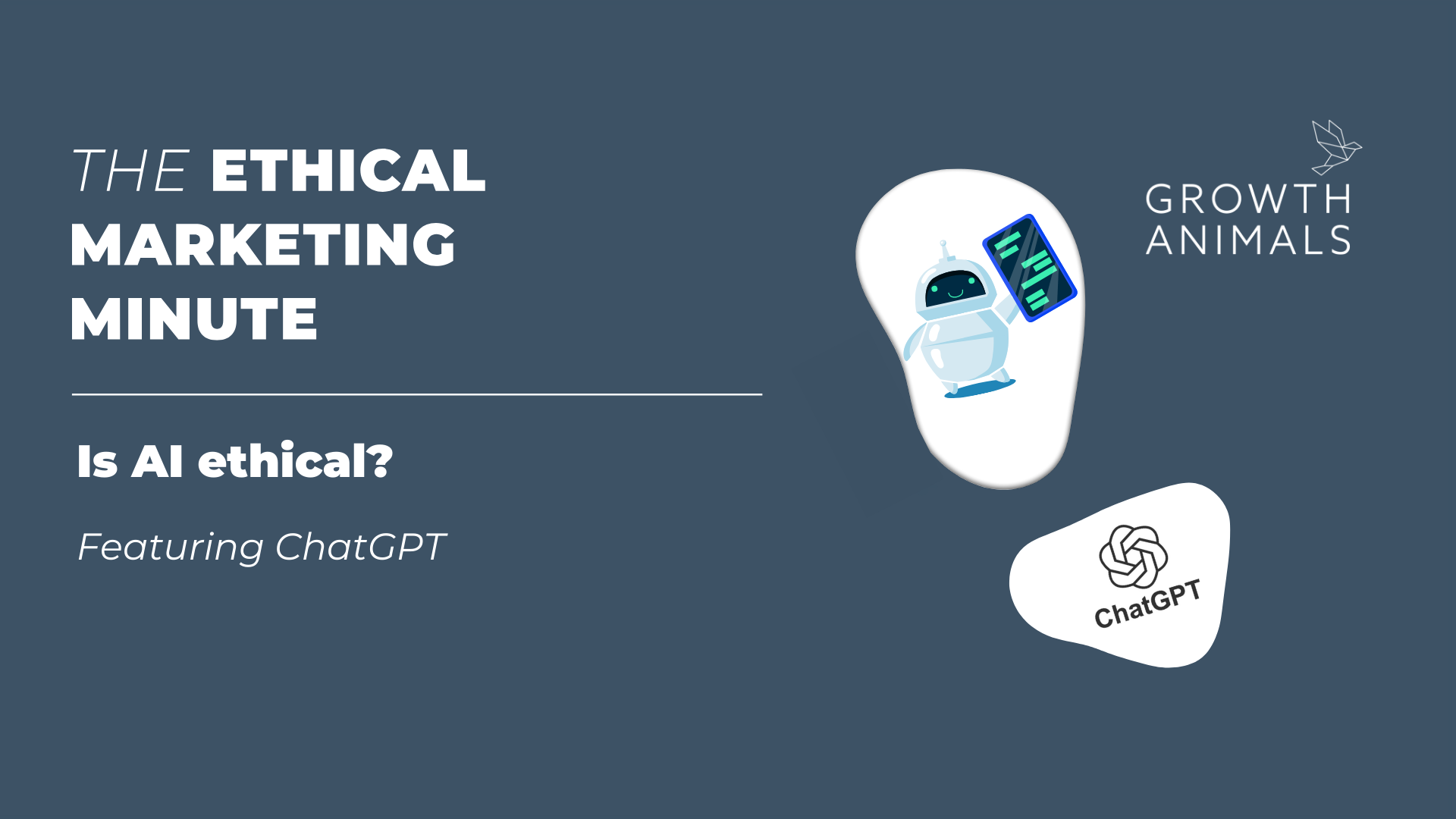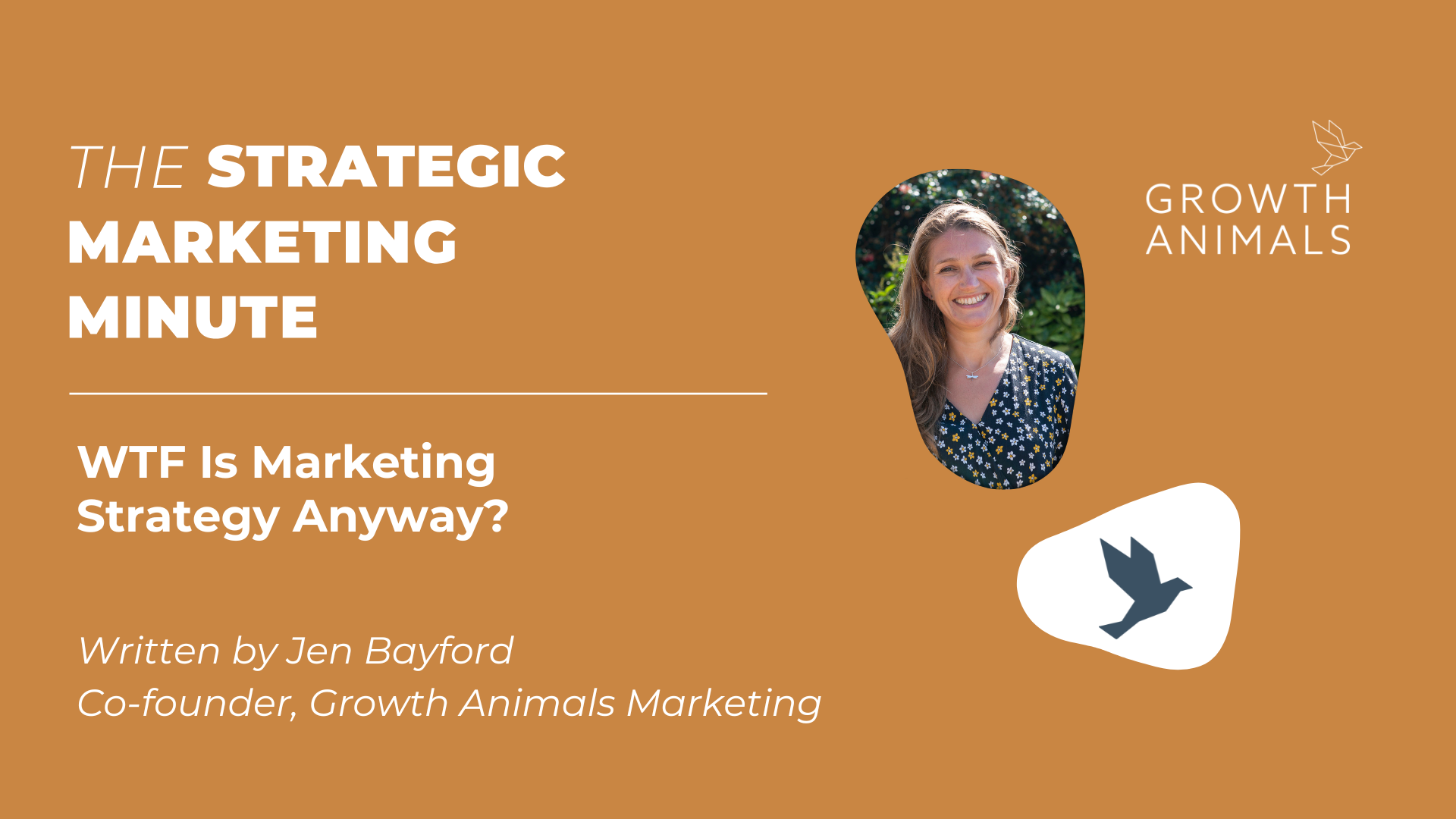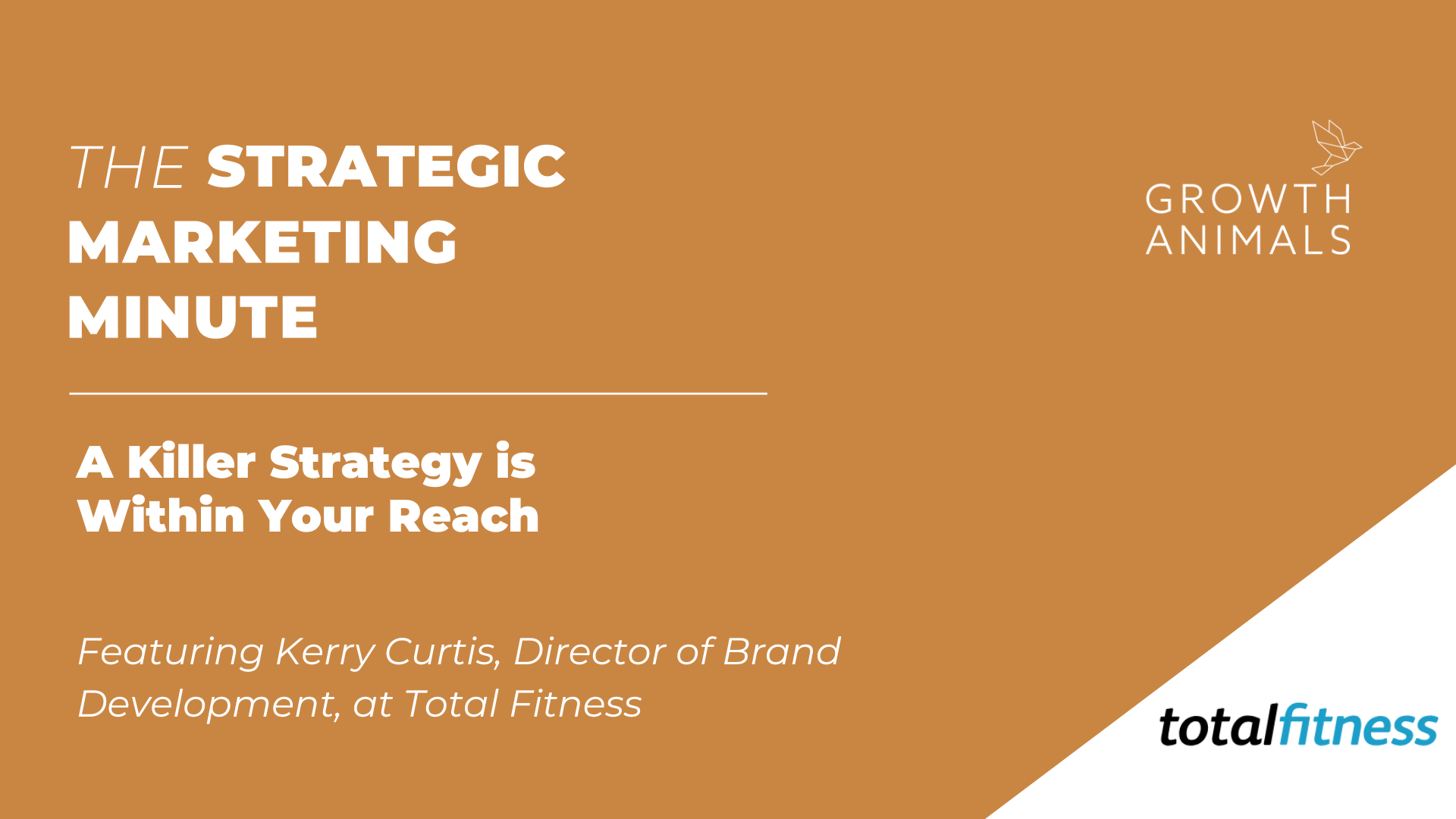Is AI ethical? – Featuring ChatGPT

With the ethics and consequences of artificial intelligence (AI) high on the news agenda and of increasing concern to workers across the globe, this month I thought I’d interview the voice itself of AI, ChatGPT, and ask (their?) opinion on the ethical concerns surrounding AI. Here’s what they said:
- Bias and fairness: AI systems can inherit biases from the data they are trained on, which can result in discriminatory outcomes. Ensuring fairness and addressing bias is crucial to avoid perpetuating existing societal inequalities.
- Privacy and data protection: AI often relies on vast amounts of data, and the collection and use of personal information raise concerns about privacy and data security. Safeguarding individuals’ privacy rights and ensuring responsible data handling practices are essential.
- Transparency and explainability: Many AI systems, such as deep learning models, are considered “black boxes” because their decision-making processes are not easily understandable. This lack of transparency raises concerns about accountability and the potential for unintended consequences.
- Accountability and liability: Determining who is responsible when an AI system makes a harmful or biased decision can be challenging. Establishing clear lines of accountability and addressing liability concerns is crucial to ensure appropriate oversight and accountability.
- Job displacement and economic impact: The increasing automation enabled by AI raises concerns about job displacement and the potential impact on individuals and communities. Ensuring that the benefits of AI are distributed equitably and addressing the societal impact of automation are important ethical considerations.
- Autonomous weapons and safety: The development of AI-powered autonomous weapons raises ethical concerns related to the potential loss of human control over lethal systems. Ensuring the responsible development and deployment of AI in military and defence contexts is crucial to prevent unintended harm.
At least ChatGPT can’t help being honest about the multitude of ethical quandaries it raises. What concerned me more was the follow up question I posed, ‘what is the solution to AI displacing jobs?’ in which the vast majority of solutions put forward such as macro education, reskilling, job creation and social safety nets, were placed squarely in the hands of governments and policy makers that appear entirely out of their depth around this technology.
Let us know what you think? Is AI ethical?
For more Ethical Marketing Minute content, please subscribe here.




